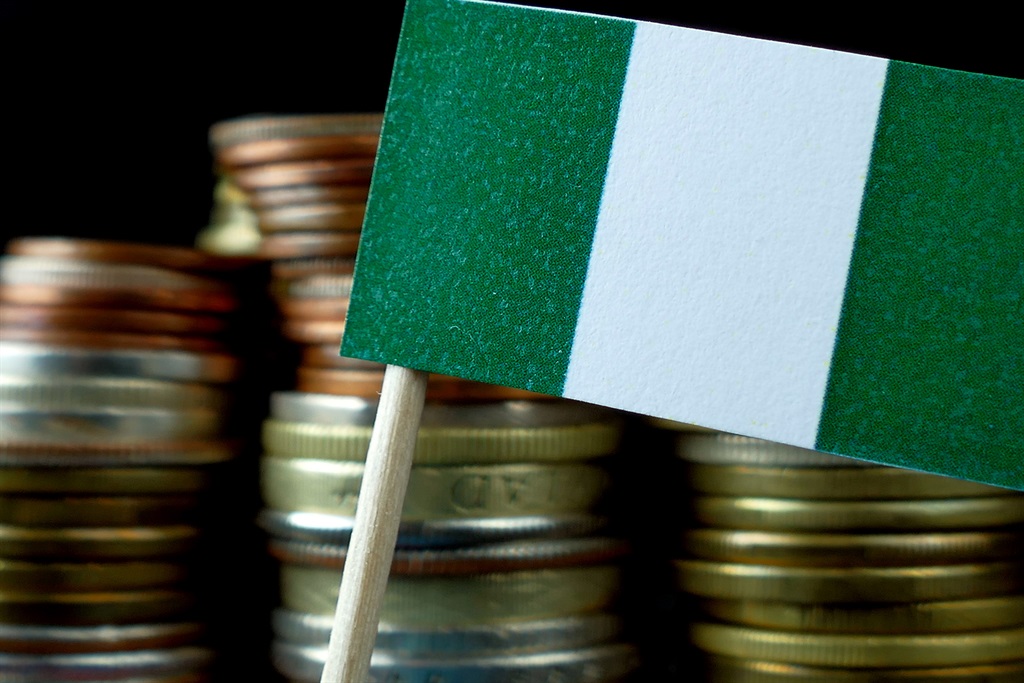
Nigeria’s economy has staged a slow and steady recovery following the country’s worst recession in 25 years as efforts to diversify away from oil revenues and improve relations with the private sector gain traction.
Ambassador Ahmed Musa Ibeto, High Commissioner of Nigeria to South Africa, told a forum jointly hosted by GIBS and the South Africa-Nigeria Chamber of Commerce “the year 2018 is expected to be an important one for Nigeria’s economic relationship with all its partners.”
Efforts by President Muhammadu Buhari’s administration to reposition the Nigerian economy, the largest on the African continent in terms of nominal GDP, for growth through the economic recovery and growth plan were beginning to bear fruit, Ambassador Ibeto said.
The plan aims to drive inclusive growth and restoration of macroeconomic stability, build a global competitive economy through sustainable investments and promote investments in social programmes.
Economic diversification
Crippling shortages of foreign exchange, which topped the difficulties faced by business last year, have largely been addressed and the global oil price is expected to continue to rise, raising government income.
Kayode Solola, head of global markets in West Africa for Standard Bank however warned that Nigeria’s economy remains largely oil dependent. Production levels and the crude oil price need to be “very strong in order for the economy to improve,” he said.
Nigeria is still an import dependent economy and therefore stability is critical to manage expectations: “Nigeria is extremely sensitive to exchange rate fluctuations. Stability is what everybody wants,” he said.
As part of efforts to encourage economic diversification, the government has identified the manufacturing, processing, transport, agriculture, and power and gas sectors as priorities for investment and development.
Improving relations with the private sector
Adeshina Emmanuel of the Nigerian Investment Promotion Commission explained Nigeria is expected to become the third most populous country in the world by 2050, with the 14th largest economy globally. While this meant the country represents a large market, it also faces significant challenges in terms of food security and infrastructure. Partnerships with the private sector are crucial for addressing these long term concerns.
Ambassador Ibeto said the present administration remains focused on the improvement of the business climate, and that the President’s key focus was the recovery and reposition of the Nigerian economy. He added that the Nigerian government considered the private sector as the engine of growth, and an important partner in addressing unemployment. To this end, the presidential enabling business environment council was established in 2016 to improve the ease of doing business in Nigeria and open up investment opportunities to the international community.
Attempts to better relations with the private sector and improve the ease of doing business has seen the country jump 24 places in the World Bank’s 2018 Ease of Doing Business rankings to 145th position. The country hopes to be ranked among the World Bank’s top 100 countries by 2020.
Foluso Phillips, founder and chairperson of business management consulting practice Phillips Consulting argued the recession had “changed government’s lukewarm attitude to the private sector, which was a result of the constant flow of oil revenue. The government has woken up and realised they need the private sector. If they want to attract private sector participation, they have to create a supportive environment.”
Investor concerns remain around the lead times to establish and register a business and apply for the necessary permits and licenses, Phillips said, and issues around land ownership and infrastructure need to be resolved.
“The government is aware that we need to resolve these things or we won’t be able to move quickly enough. The government has to continue to support private sector. One of their key performance indicators should be how well the private sector is doing,” he added.
Security and governance concerns
The political environment and concerns around the upcoming 2019 national election would continue to weigh on investors this year, and would remain an economic and currency risk for the Nigerian economy, Solola said.
“Every local and offshore investor will be focused on the vote,” he added.
He downplayed concerns around corruption, and said while the perception of corruption among international investors remains. “I’m not sure it is going to go away. There is corruption everywhere in the world.”
While some potential investors remain deterred by security issues and especially the threat of insurgent group Boko Haram, Emmanuel reassured investors that “isolated pockets of security problems” are far removed from the country’s hub of economic operations.
The Honourable Godwin Adama, Nigerian consul-general to South Africa said security concerns around Boko Haram phenomenon were “exaggerated” and they “do not pose real threats to potential investors”.
Nigeria’s economic outlook for 2018 is positive, he said, as efforts to stabilise the economy and create an enabling environment are intensified.
“With the current focus and determined leadership of the President Buhari, the country will be in the position to reap the rewards of the improved performance of the economy. Whatever our problems and challenges, they are much less than the totality of our potential and opportunities,” he concluded.




 Publications
Publications
 Partners
Partners








